"Grindr is littered with men who specify that they don't want to meet 'femmes, fatties, and Asians. I used to only be two of those things," writes Yuska Lutfi Tuanakotta, author of the upcoming memoir, Gentlemen Prefer Asians: Tales of Gay Indonesians and Green Card Marriages. "But, since apparently my very own mother thinks I'm fat, I believe I have now hit the jackpot. Ding ding ding indeed."
If Tuanakotta, 32, initially sounds like some gay Indonesian Cathy comic, don't be fooled. Not only is his book much more clever, much more brutal, but he smartly juxtaposes his own romantic experience with that of Ario and Jaya, two other gay and Indonesian immigrants like himself who have relationships with older Americans. But their situations aren't the same; they come from different classes and have varying levels of Indonesian aesthetic features. While his two friends are stuck in green card marriages, Tuanakotta eventually married a different American out of love. Still, the fact remains that the three men exist in a world where their race, age, nationality, and sexuality put them at risk.
In less than 200 pages, Tuanakotta blasts through issues that many regard as nonexistent in the gay community: HIV, sexual racism, public displays of gay affection, self-hatred and self-harm, and femmephobia. His approach is graceful and sensitive, yet pleasingly acerbic when necessary. Tuanakotta even manages to find undercurents of humor throughout.
We recently spoke to Tuanakotta about the book, his love of Indonesia, forging relationships as an immigrant, and the power of memory.
Out: Why did you write this book?
Yuska Lutfi Tuanakotta: I feel that it's important to write this story because it shows the different facets of being married for immigration purposes. And especially since, after DOMA was ruled unconstitutional, people have been expressing interest in getting married to get away from their countries with homophobic rules, but there are different rules to green card marriages. I also feel that we need to give gay Indonesians a voice to be heard. You've heard about ISIS killing gays, but in Indonesia it's not like that. Gay people are still being killed, but we're invisible. I would like to give voice to them and help them be visible.
Americans say a lot of ignorant things about Indonesia in this book. (One lazily describes the country as "Muslims with loudspeakers waking you up at three in the morning.") Indonesia does have issues with queer rights, but clearly the place needs to be criticized with nuance. What was important for you to get across in your criticism of Indonesia?
I think it's clear that both Ario and I loved our country. I had a very good life there, thanks to my parents and thanks to my husband, and Ario could have a very good life there thanks to his parents. So I think I've made it quite clear in the book that it's not bad, if you are born in the right circumstances, if you have the right connections, if you have the right people surrounding you. For people like Jaya, the conditions can be atrocious, to be gay and feminine and have a family who abuses you. I do hope the reader can learn that it is a country, and like all countries, it has bad places and bad people, but there are also good places and good people.
Do you think non-Europeans can "genderfuck" as freely?
I think genderfucking is out in the open. I think anyone can do it. I can do it, although to varying degrees of success, of course. But I think everyone can, and is allowed, and should. In this century, there's no reason to restrict yourself in one gender. I think that whether you look Pakistani, European with high cheekbones and a slim nose, or if you have a big nose like I do, or chubby cheeks like I do, or if you're short, you're tall, if you have almond-shaped eyes or tiny eyes, you can do what you want. You can wear pants, a skirt. I don't think physical aspect has any say in what you can do in terms of genderfucking.
Did it take a while to get to that point of comfort?
I think access to makeup was the main thing for me, and it did take a while. I started applying my mother's makeup when I was seven years old, but when I started belly dancing, which was two decades later, I had my own income, so I started buying my own makeup. I started experimenting with makeup and I thought, Oh, I can do this.
Where are you now with your style?
Now I have pink hair, but I still have that goth sensibility in me. I would say I'm Iris Apfel light in terms of my sensibility.
I love this one quote: "When you're an immigrant, and you moved to another country, and you have a fight with your husband, you can't just drop everything and say, I'm going to my mother's." Can you tell me more about this dynamic affected your relationships?
If you really care about someone, you really want to make this relationship work, then you can actually use those things, of being alone, of being isolated, to your advantage. You don't give up quickly because you have nowhere to go. If you have somewhere to go, you can just run away. If you live 20 minutes away from your parents, you can just be like, "I'm not gonna see you again until I'm not angry anymore." But there will always be an excuse to stay angry, to not deal with that conflict or that problem head-on. And I don't have that luxury. I don't have another house or another home. I have friends, but I can't just stay on their couch.
So not having that option helped your relationship?
Yes! And I am so against conflict. Being married and being far away from home helped me a lot in talking about my problems and discussing them with my husband, and being open about things, and really developing a sense of maturity.
A lot of this book shows how difficult it is to merely survive in a world where so much of the power is against you. How do you recover from trauma in a world that makes it so hard to do so?
The other day, I think it was a week after Orlando, I was queueing for burritos at a nearby truck, and I had my pink hair and short shorts and a tank top, because it was an awfully hot day, and I heard an explosion, and I thought, "Oh shit, a gunshot." And I just wanted to cry, because, Oh my god, I look so gay, and am I being targeted? I really wanted to just crouch and just fling myself against the hot asphalt and crawl to my car and cry. And I heard another gunshot, another gunshot, and then a fizzle, and I thought, Oh, okay, those were fireworks. It is one of the reasons I am still deciding whether I want to be an American or not--if nothing changes on gun policy, that is going to be a major problem.
Is there anything you want readers to take away from your book?
I'd really like this book to not just be stories about immigrants, not just stories about gay people becoming immigrants, but to also help immigrants deal with memories. The whole book started as an ode to memory. Hopefully, people will get lightbulb moments reading my book that relate to their own experiences--and not just with the gay stuff.
Gentlemen Prefer Asians is available to order here.
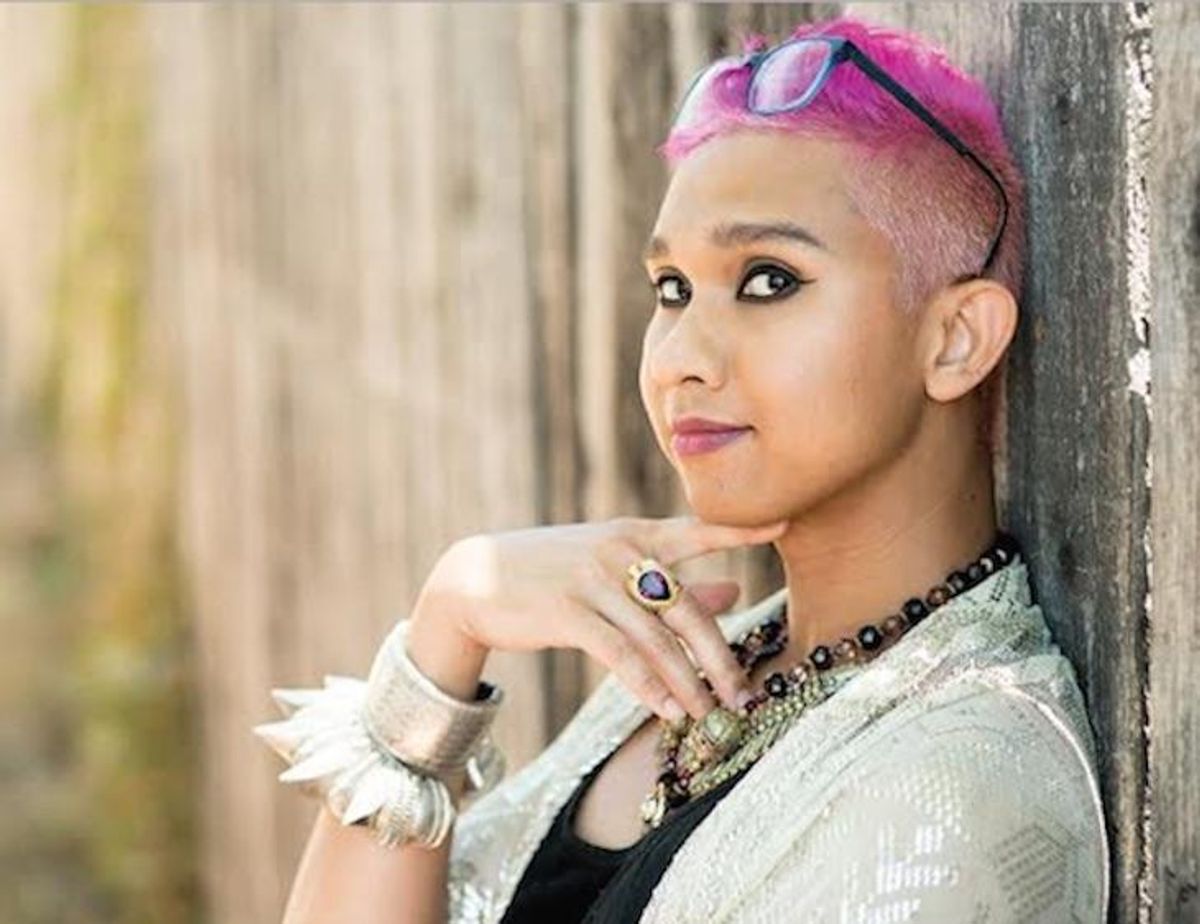


















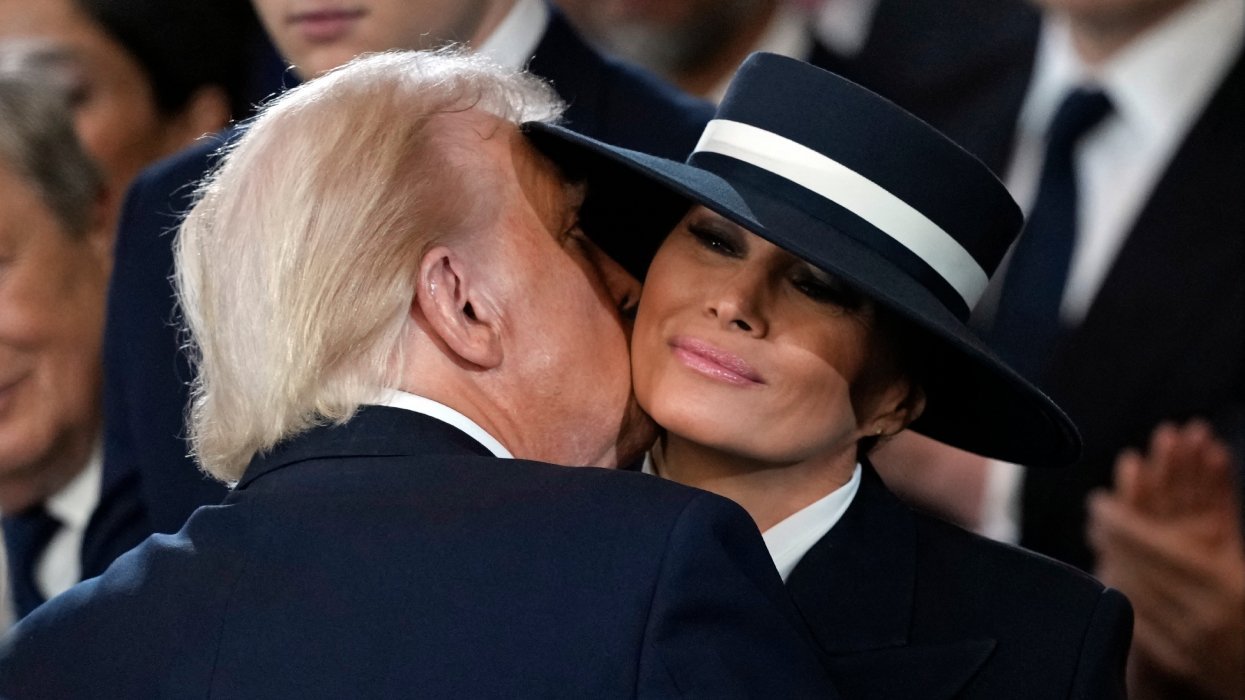


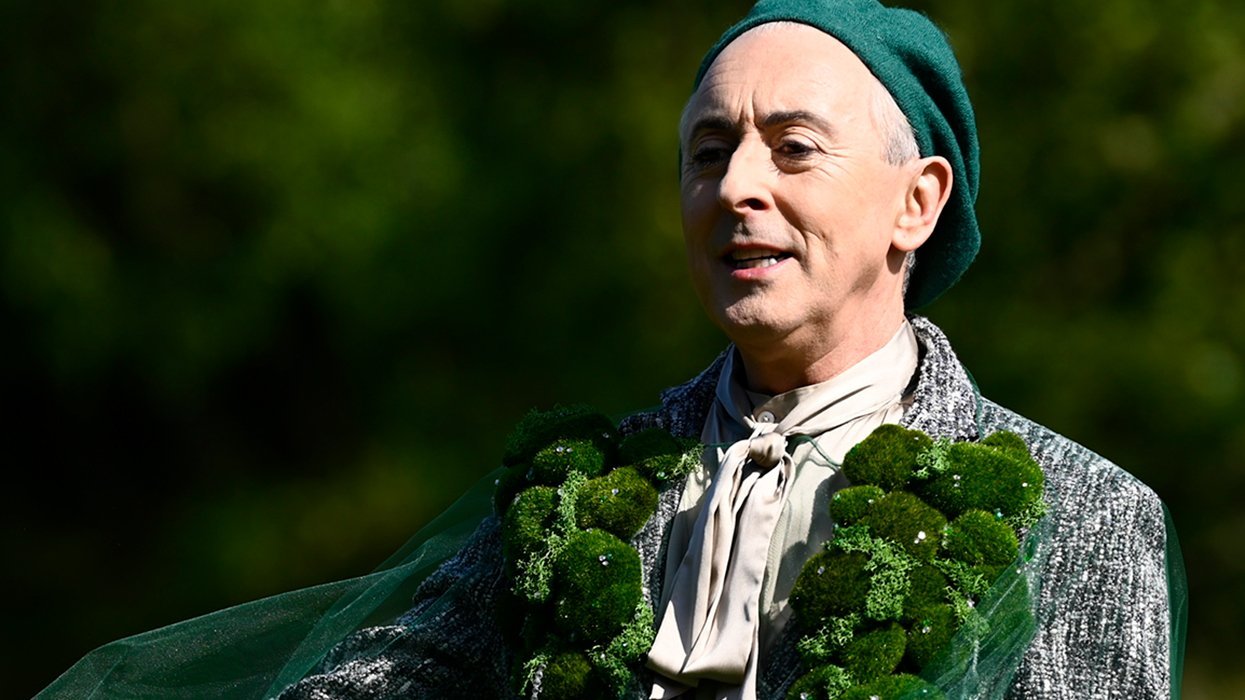
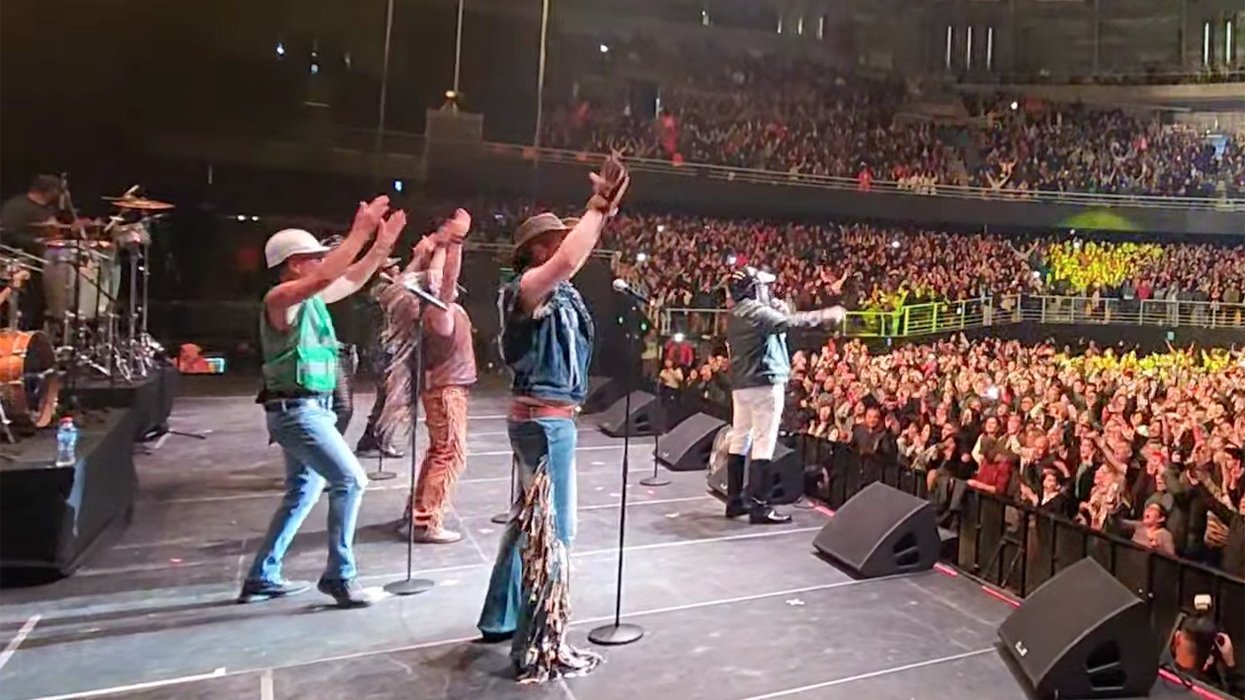
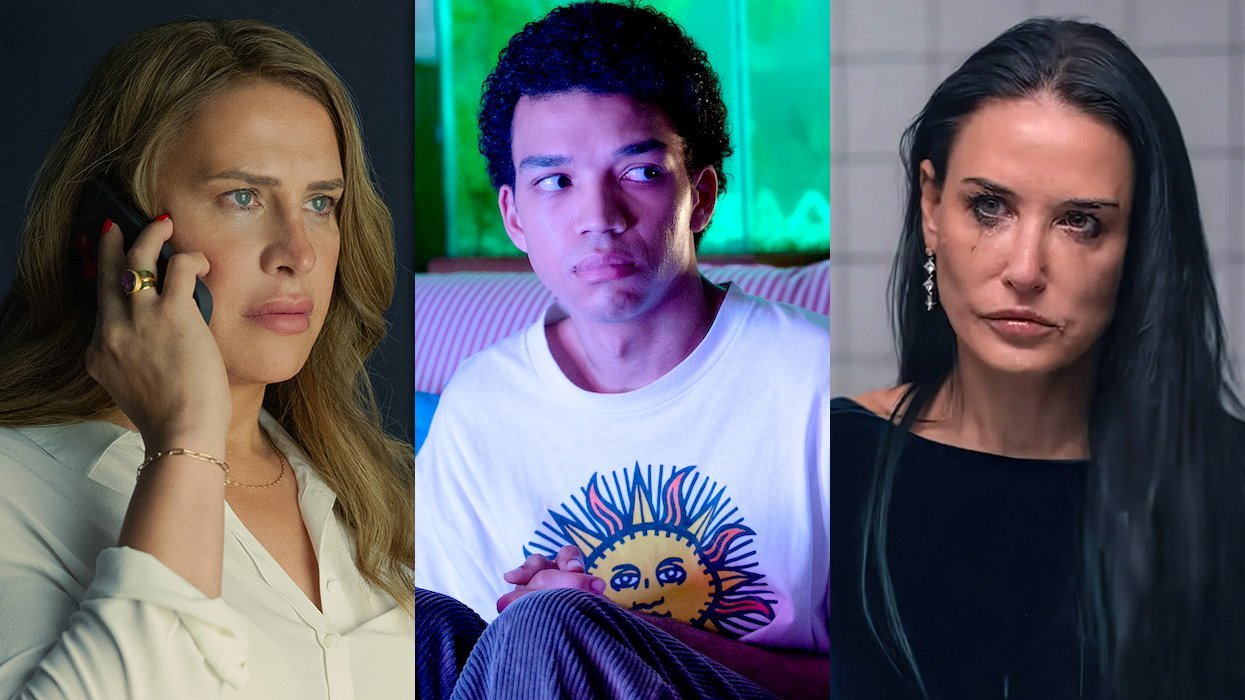
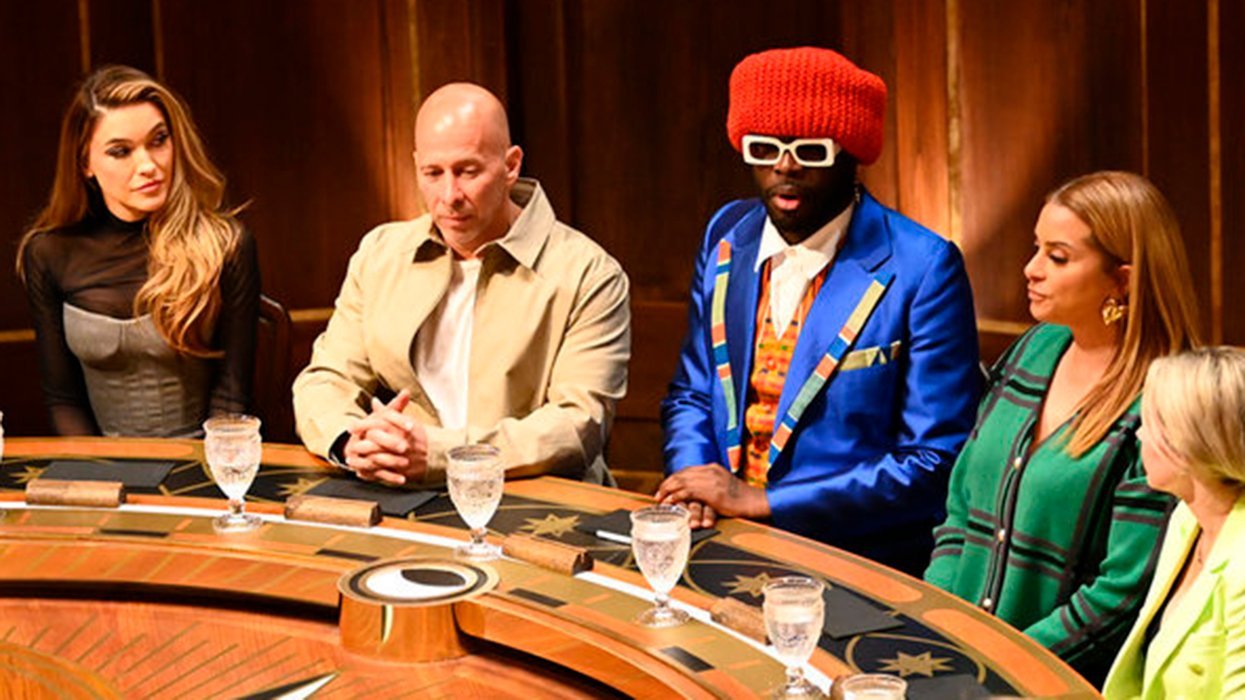
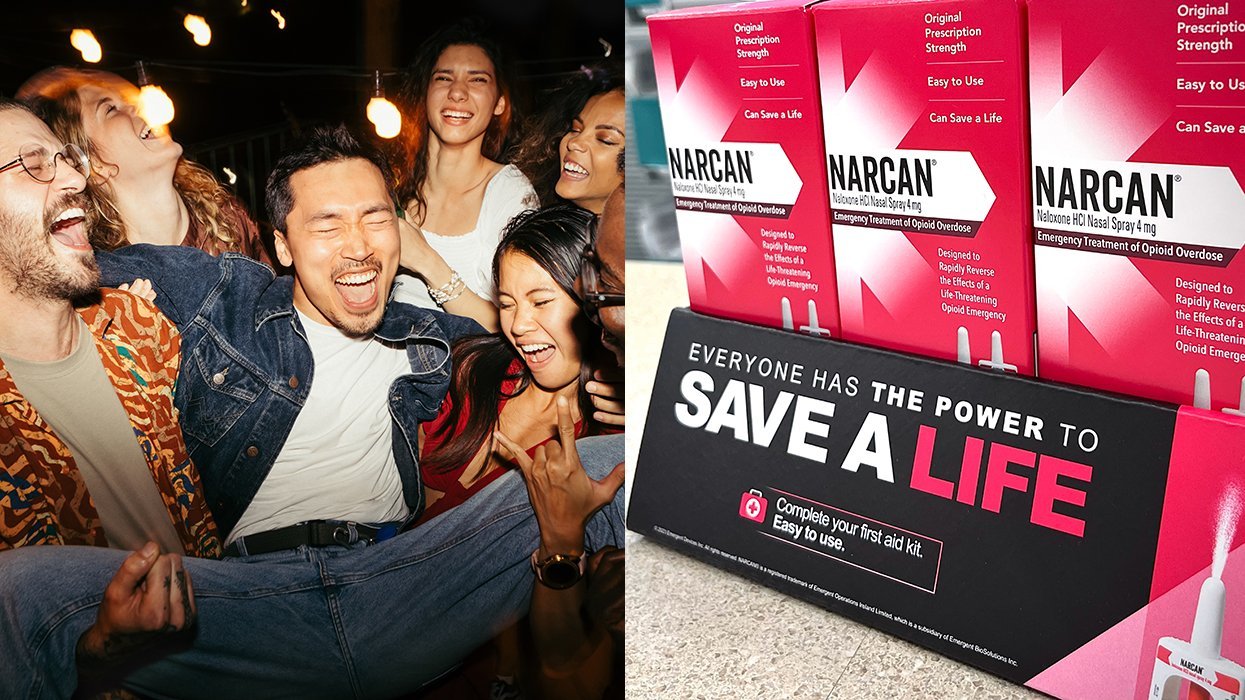
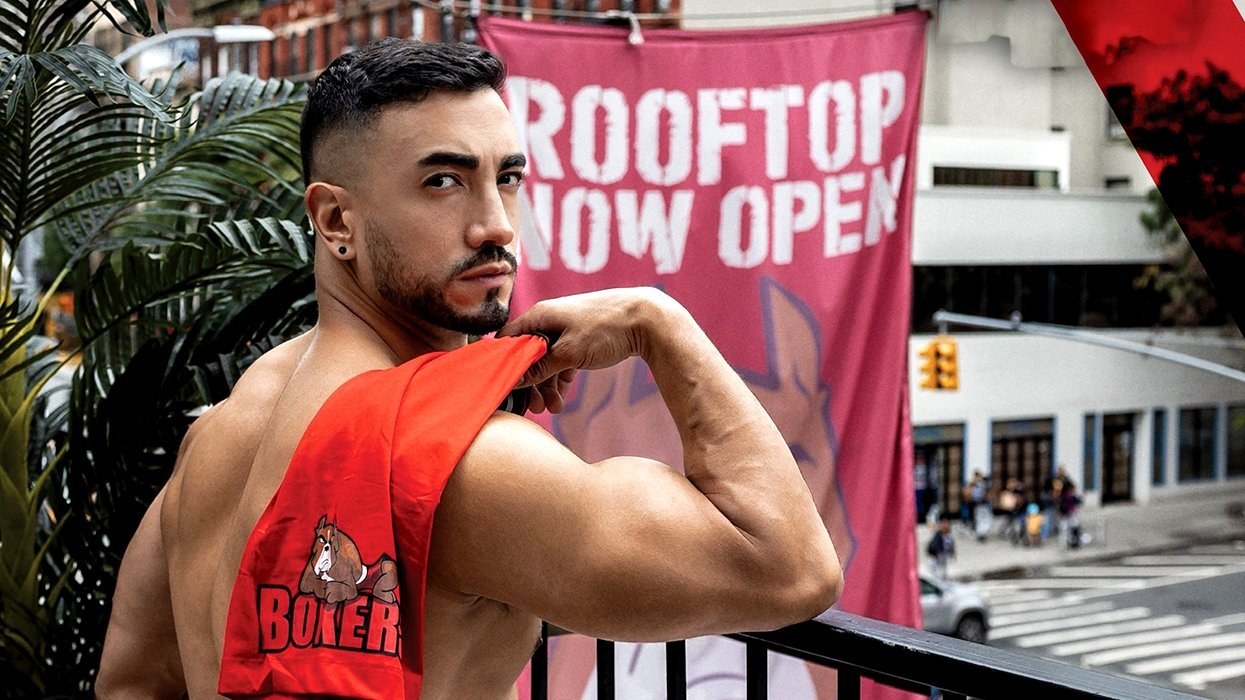
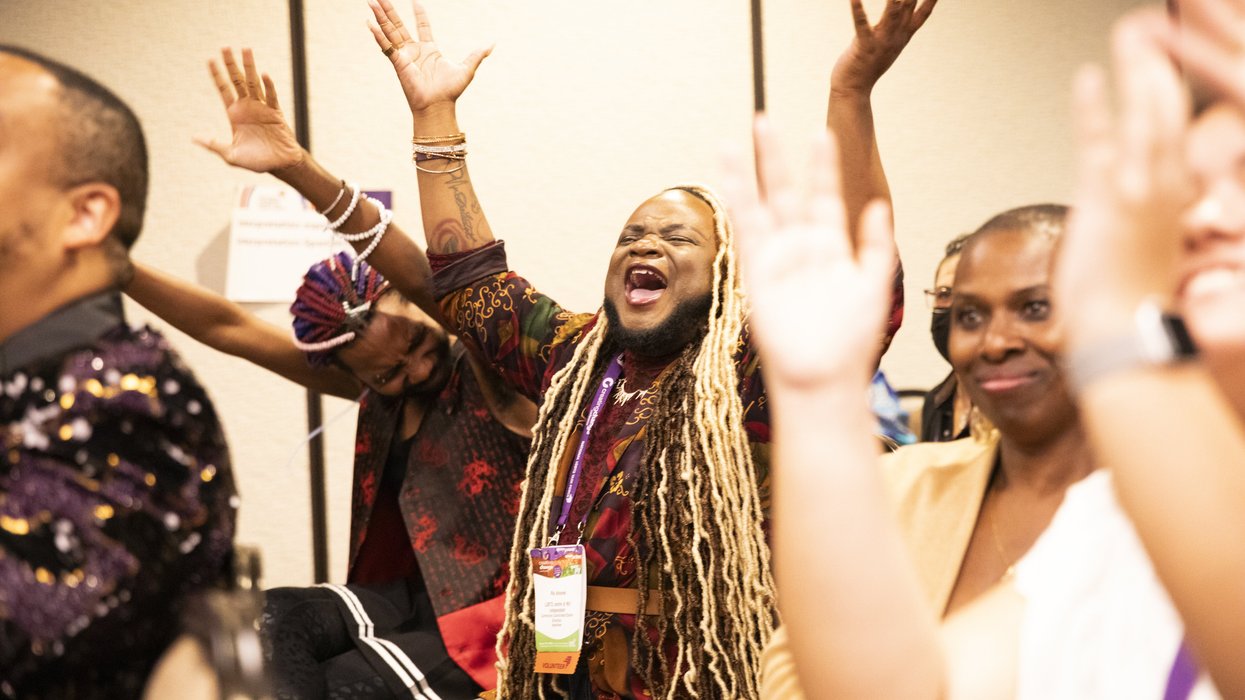
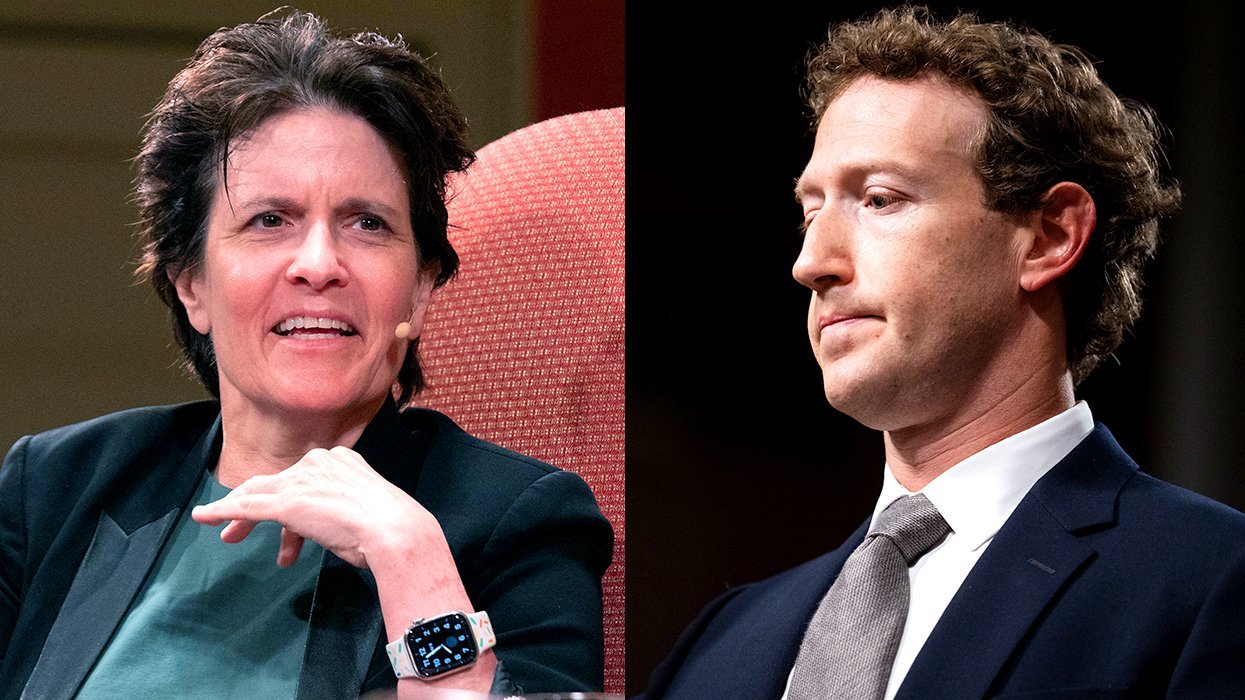
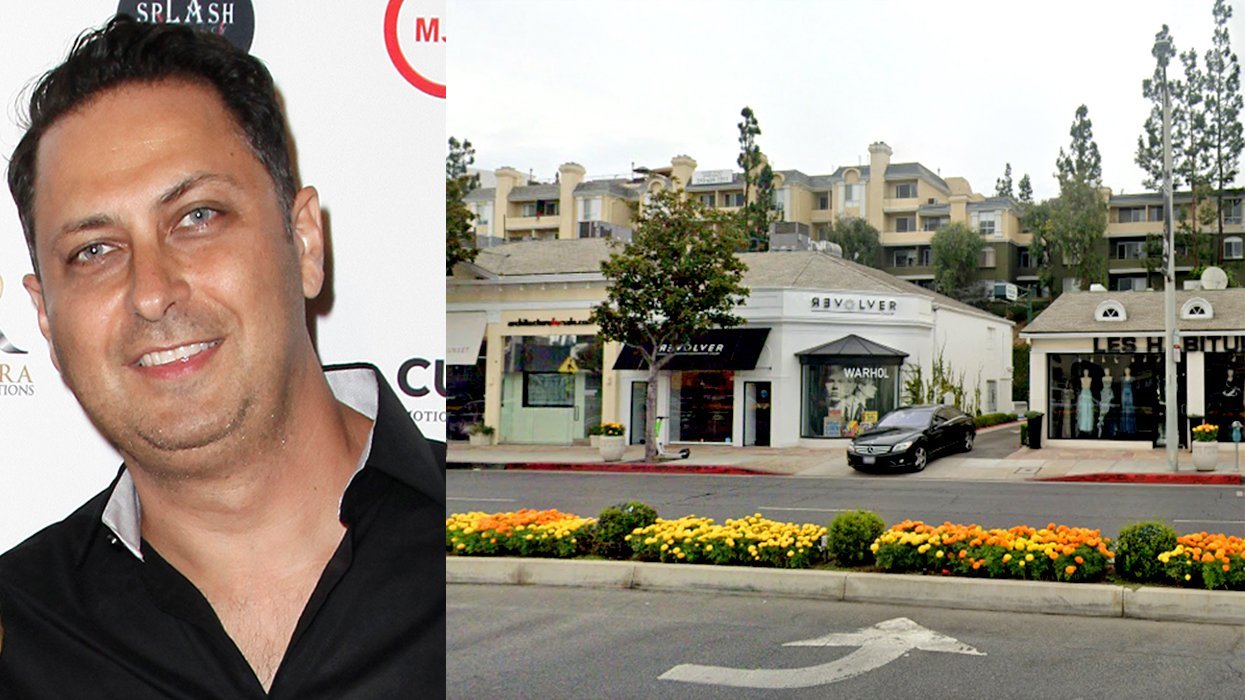
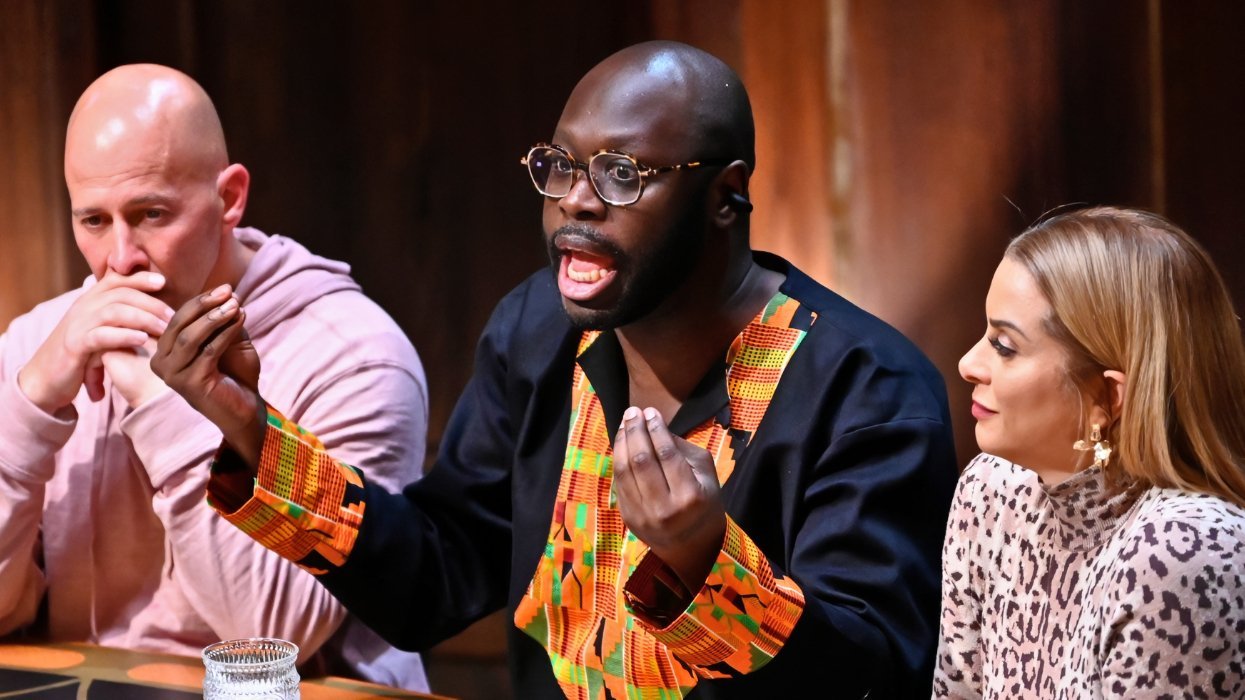
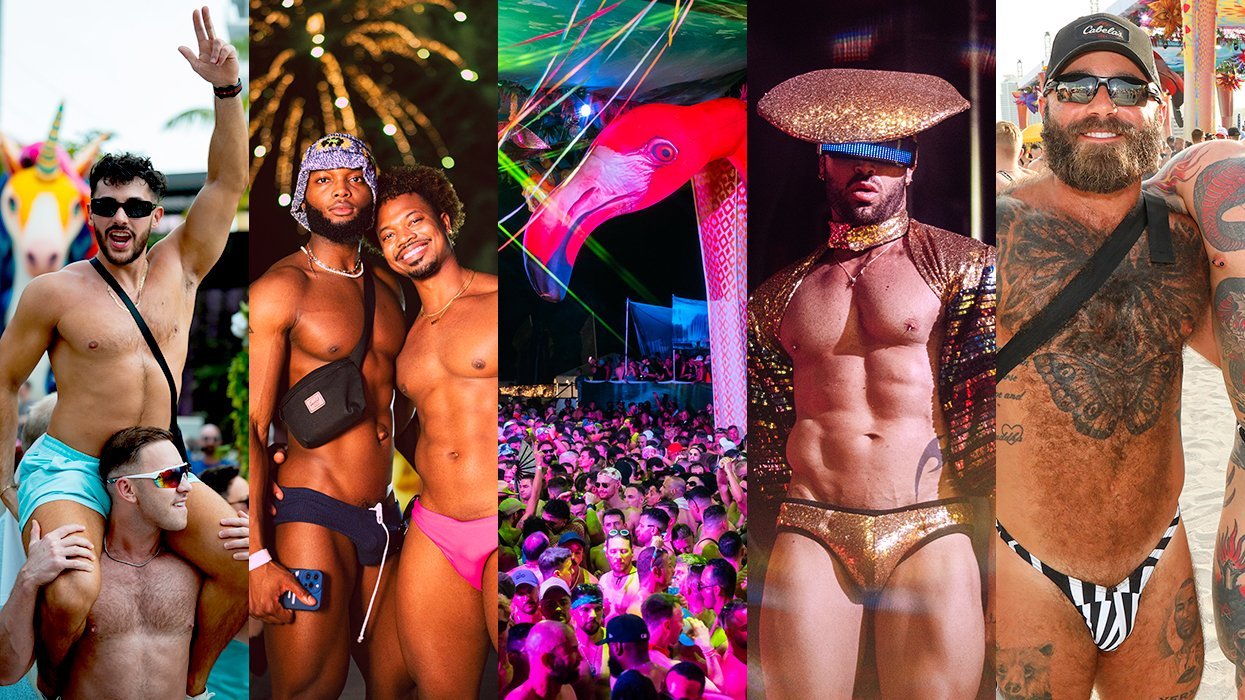


















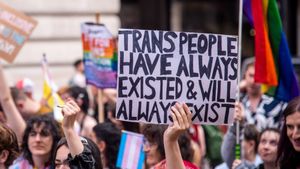

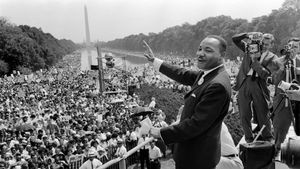






























Beware of the Straightors: 'The Traitors' bros vs. the women and gays